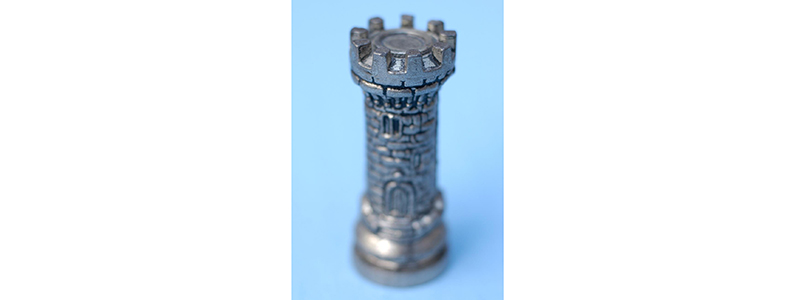Financial Guru Dave Ramsey’s Baby Steps to financial freedom have a huge emphasis on savings: first building an emergency fund, then retirement savings, college savings, etc.
It may seem as if there is no end to the amount of savings someone needs.
But eventually, one day you will hopefully hit the Magic Number, and have ‘enough’ to achieve your goals.
What’s that number?
The 64 strategies in Rich As A King address the question of when can you stop saving and start investing.
How much money do you really need?
Once you put aside a small sum of money for emergencies and your debts are mostly paid off, you may feel that the time has come to begin investing.
But according to financial expert Dave Ramsey, you are not there yet. First, you have to build up that emergency fund a little bit more. As mentioned previously, you need three-to-nine months’ worth of money in an Emergency Account to cover your expenses in case anything goes wrong. This does not just refer to those little emergencies, such as a broken washing machine, new glasses, or a boiler. Your emergency fund also needs to cover any eventuality that means you end up with no income coming in at all for a significant amount of time.
A tip for building this fund: put a little of your monthly salary each a special savings account until you have built up enough money to cover you over a three-to-six month period. Dave says to start with $1000, and that is a great first step.
Create your own personal insurance barrier
Even the most secure company can, unfortunately, go out of business, and no one is totally immune from car accidents, illness, or any other unexpected disaster that can sadly wreck a family’s lives. While many people won’t suffer from any of these tragedies, others face unexpected circumstances that can derail their finances. In fact, health problems are often the root cause of families entering financial crisis mode.
While you may have medical and disability insurance, your policy may not include an event that has the potential to derail your savings. And even if an event is covered, you may have to lay out the cash, and wait months for reimbursement.
In his blog, Dave advises keeping emergency funds in a money market account, where it will earn little interest but will remain liquid so that you can access it in the time of need
In Rich As A King, we not only agree with Dave, but go a step further in calling an emergency fund your own homegrown insurance policy.
In chess terms, think of an insurance policy as castling, where the rook is strategically placed next to the king to protect it from assault.
Planning strategically and in advance is a major part of the investment game. By so doing, you can head off possible troubles down the road.




